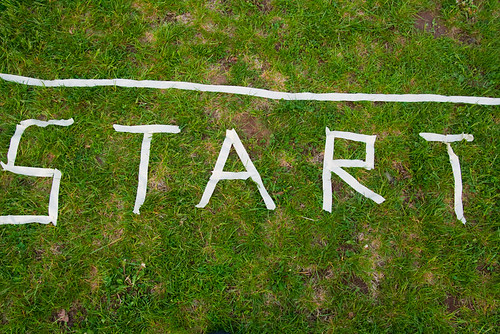
This question was on my mind recently as I had gotten a few writing ideas over the weekend…
As writers, we all have different approaches and ways of going about our creative writing. Some of us dive right in, some of us plan, some of us have to let the idea “stew” for a while, and some of us have to write it down and put it out of our head for a while.
Either way, there isn’t a real direct way to answer the question, “How Do You Get Started?” So, I decided to ask the writing community – how do you get started when you have a story idea?
And this is what everyone had to say…
The Peculator

@ByAnnaBanks told me, “I let it percolate for a few days, maybe a week, make a playlist, listen to that for a few days, then scrawl out a chapter.”
I do that too – I have to let my idea simmer for a while. I feel like my imagination is designed as a big “crock pot” where everything has to go in and be just right before it’s ready to eat…err, write I mean.
Rebecca Enzor from Google Plus agreed, “I try to storyline through the entire thing in my head, to make sure it is an actual story and not just a snippet of something. If I can get from beginning to middle to end then I try to find out as much as I can about the characters. Once I know who they are, how they act, and what their background is, I’ll start writing.”
Pete Thanos from the Writer’s Digest Forums also had this approach, saying, “I either have an ending, character, plot in mind or all the above. Then from there I sit on the idea. I call it percolation. Usually the idea will grow or die. Then I draft a loose outline noting problems or concerns. Next I draft scenes and squeeze all the juice I can out of them, with specific goals in mind. All in order to promote the next scene. Each scene needs to advance the story, by informing, or action.”
Bee Vahnsan said, “I get started by thinking of what I want to write about. I’m currently in the process of editing a short story I’ve written which I started by thinking, “Okay..it’s going to be about a girl..who wants to be writer” and from there, I create several versions to tell about the main idea. I settled with an idea after 4 or 5 days of thought and writing.
George A agreed, “From the beginnings of the seed being planted in me, I began scheming, so to speak, to try to figure out how I’ll tie that death and the surrounding incidents into a story that will have some heft and – perhaps – even a touch of (somewhat grisly) humor. It’s been months since the incident first came to light, and I’ve not actually begun the story, but the wheels are churning in my pea-brain (as my ex-wife would call it), and I anticipate a flowering in the near future.”
The Drinker

@JIGreco said, “I grab my moleskin, a bic stic, and a bottle of scotch…then see what happens.”
Although I hate to perpetuate the idea that all writers drink, I have to agree with this one to an extent. After drinking a glass of wine, my head is way too woozy for my inner critic to come out (my inner critic doesn’t hold it’s liquor well; it conks out after one glass).
The Dreamer

Somewhere in between the percolator, and the speed demon, we have the dream.
James Femmer from Google Plus told me, “I usually start with a single visual. It usually involves the main character and some sort of unusual situation or something usual that hints at something more. I tend not to outline because the fun of writing for me is discovering the story as I write…Depending on the nature of the image, I start with it or work towards it. Sometimes neither.”
Nadine from the Writer’s Digest Community felt the same, “Story ideas usually come to me in the form of a very specific scene. Once written down, it acts like a pebble thrown into a lake. More and more details follow, branching out in all directions until I know who the characters are, where they came from, how they got there as well as where they’re going and have a story ready to be written.”
The Cautious Writer
Katie Snow Pendergrass told me, “When the idea has started, for me, I get main character names first (if they haven’t already named themselves). Next, comes that first sentence – the one that starts it all. I can spend hours to weeks working on that one sentence, and if it doesn’t come, I put it aside and think about it. However, if it does, then I work on the first chapter. I would’ve already had an rough idea, so I let it take shape and form, take the path it needs too. Then comes the plot outline, and from there, (hopefully, anyway) it’s smooth sailing with more than a few bumps along the way. It works for me, personally.”
Thomas Wilson said, “So far my stories start with discoveries, some research, and playing around with what if this, what about that, questions…[and] basically one idea leads to another, and so on and when I have enough material for multiple books and more than enough for one I take all my notes and ideas and turn it into a detailed outline.
“Then I start at the beginning, I don’t stress over the ‘They call me, Ishmael.’ Super perfect opening line, not yet, I am just starting out. But the first 1500 words better grab the reader. They are the most important of the entire book…
“Where do you start? The beginning! But if I don’t have enough stuff to teach extreme situations, hard life truths, compelling characters, and enough material to gag a goat, it is just an idea not a story idea.”
M G Kizzia said, “The idea remains an idea until I have a reasonable ending in mind. I never ramble until I feel like, “Okay, this is a good place to stop.”
“If the writing takes me somewhere else, fine. I may set it aside for a time until I adjust the potential ending in my thoughts. I may not end up anywhere near the place I first envisioned, and that is fine too, but I won’t even begin unless I know the stopping point.
“Once that is settled, I look at what needs to be included in the beginning to get the story idea up and running. I start as close to the dilemma, situation, conflict, whatever as I can — right on top of it if possible. Then I am off and running, twisting and turning my way through the marathon maze until I arrive at THE END.”
The Head First-ers
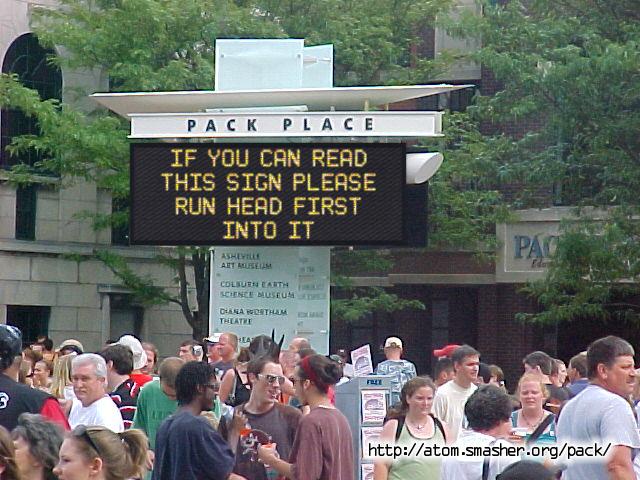
Sonia Lai on Google Plus told me, “For a short story, I just start writing. For a novel, I write short backstories and figure out plot, characters, stuff like that.”
I’m impressed by this one. Whenever I have tried to just start writing, I end up losing steam. I’m very much impressed by those writers who can plunge in head first and get that story out.
Jeffery Van Stee had a similar approach and told me that he “write[s] down everything I can think of about that idea.”
Auden Johnson said, “I just write whatever comes to mind. Things like character names and plot come to me while I’m writing.”
Richard Lind said, “I usually just start writing when an idea pops into my head. I work it and sometimes re-write in first person or third and then I read some of the beginning out loud. It kind of calls out and stars itself when an idea comes…”
Theresa Danley said it best and most simply with her approach: “Write, write and write some more!”
So no matter what your approach is, whether you are a dreamer, a cautious writer, a drinker, a head first-er, a percolator, you can tell that there is no right way to do this…so writers, tell me…how do you get started once you have an idea?


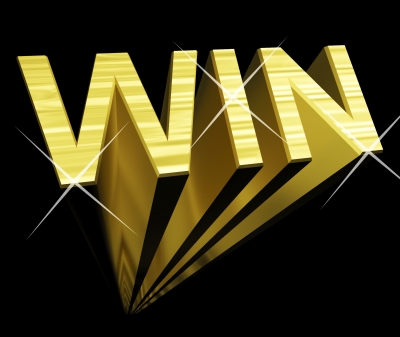
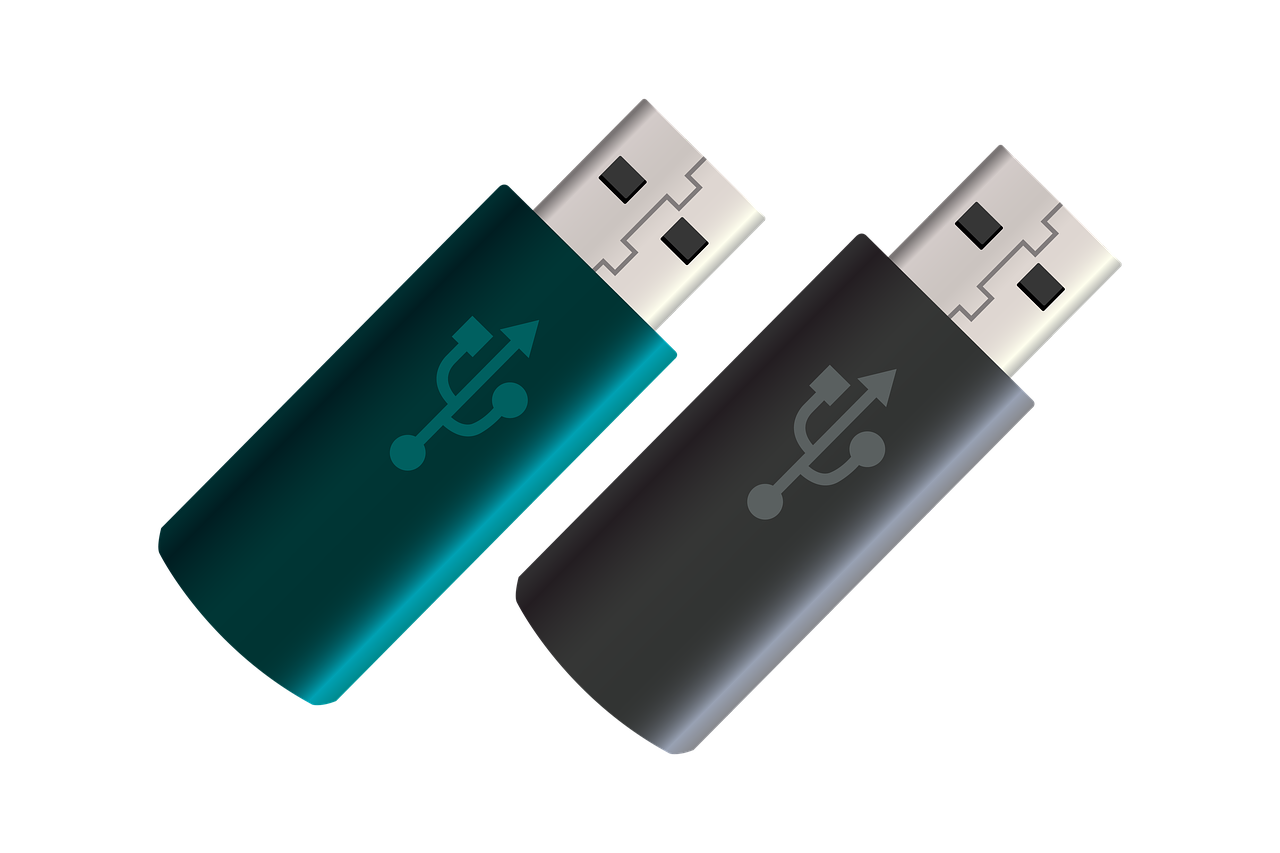
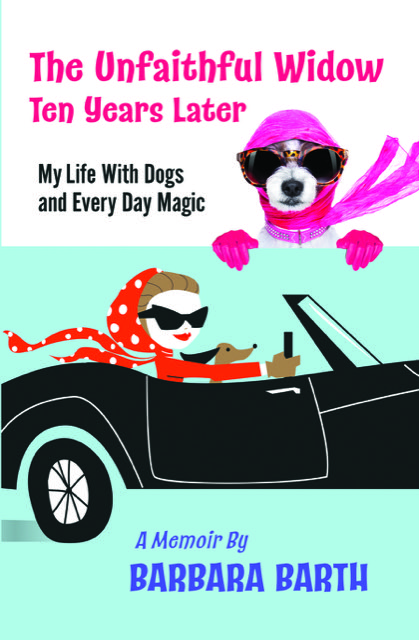
Hello! Following you from this Tiggerific Tuesday linky!
Great blog 🙂
Mandy
http://mandyxcakesandcompany.blogspot.com
I'm a combination. For my first book, it all came to me whole after having a dream which was sparked by a new song I had downloaded. I wrote out an outline and then just started writing like crazy. A couple of months later, I had a rough draft.
My second WIP is very different. It started with a germ of an idea. It has percolated endlessly for months on end. I keep jotting down notes and I'm finally at that place where I think I might be able to start an outline. I only wish this time was as easy as the first time around.
I outline it. If I can't fill it out enough doing an outline, then I know its not right for a book.
Interesting. Loved the different types. Thanks for this post.
I guess, when it comes to my novel, (That I haven't done anything with in 15 months now) I might percolate until I have that first glass of wine. I like to do big ole diagrams too. Characters–flaws–plot/subplot–back story–a visual to help me keep on track. I always have a story in my head–just need to map it out visually so I can keep going. But that was when I was writing. I've put it on the percolating shelf for awhile. Not that I don't want to write it–I just have other priorities that have stepped in place.
Cheers, Jenn.
I'm following from Writers' Post, I use the ready, set, go, approach. Pure right brain. If I pause and begin to think I'm sunk. When I finish I have to go back and read what is there because many times I'm not sure what I have written.
Very interesting post! I loved reading everyone's answers. Indeed there are so many paths leading to the same goal: writing a finished work. I usually do the perculating thing first, and I don't always write down an outline, but I have one roughly in my head. However, I have discovered the benefit of at least write a rough outline. It is just a guiding map. Once the story starts to reveal itself and I feel the voice, then I am able to write it down.
I think it depends on the situation and the subject matter.
I've gotten into a bunch of situations… I average myself encountering this phenomenon at least once a year (i.e. the writing bug). Where I will experience something on TV or in a movie that I cannot get over or get through.
My feelings about it are just so strong that I start writing down my thoughts and usually I get a decent story to come out of it.
Last year had a really strong "activating incident," I saw a movie that stayed with me for over a week. I started to write all kinds of stuff, but only 3 panned out and saw an ending.
I often like to let an idea percolate over time so I can brainstorm… I hate writing outlines cuz they get very tedious and tangle up super easy